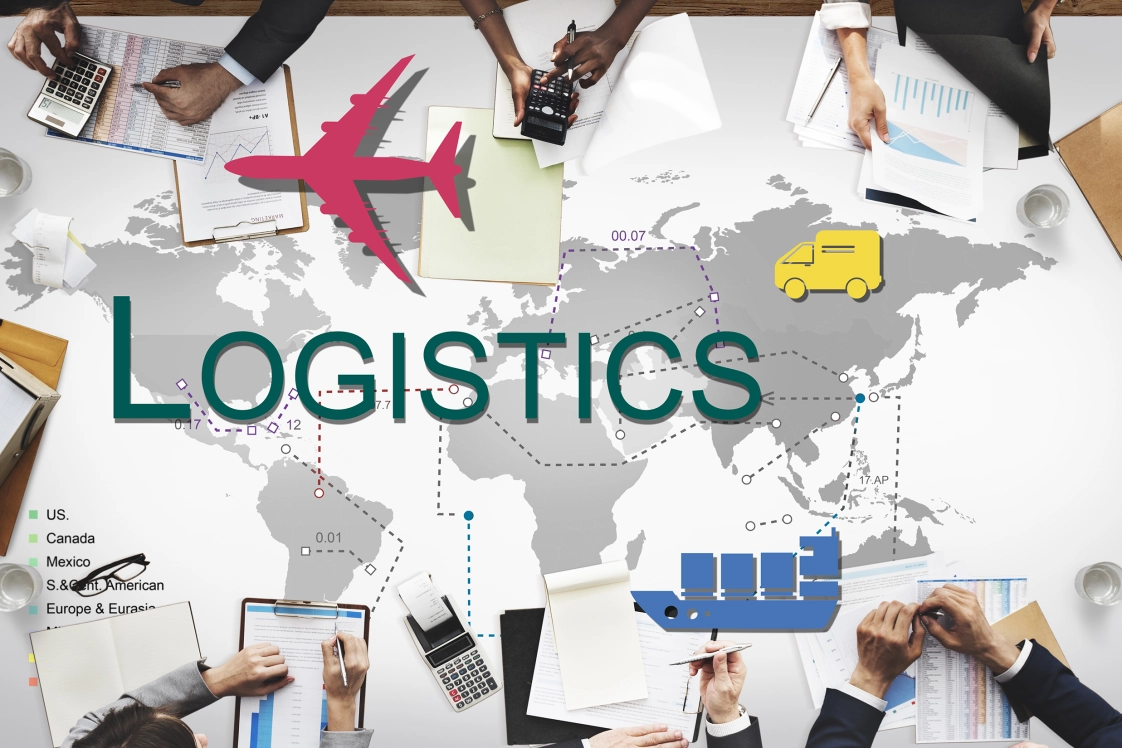2024 ESG & Sustainability Trends Retailers Need to Know

Environmental, Social, and Governance (ESG) continues to be a hot topic in 2024, as major legislation around the world will go into effect or be voted on by global entities. For retailers, ESG scores— a set of standards used to measure an organization’s performance and impact on the environment and society — impacts sustainability, economical, ethical, social and customer experience. It’s a topic that affects every retailer and its supply chain.
Radial, a bpostgroup company, is deeply committed to sustainability and environmental protection; our number one priority is to reduce our environmental footprint. Through our environmental initiatives, we are working to limit carbon emissions, energy consumption, and waste volume across Radial.
ESG is a global priority for investors. According to the deVere Group, 56% of investors plan to increase their investment in ESG this year. This appears to be a major shift in investor mindset, as these investments are now seen to be financially sound and no longer just morally-influenced. “Numerous studies suggest that companies with high ESG scores tend to outperform the market; and Reuters has reported that ESG positive funds outperformed globally over 5 years,” deVEre Group founder Nigel Green was quoted in the report. Investors are expected to continue to see ESG investments as a positive force that just makes good business sense. ESG is considered a crucial element of risk assessment, which means businesses wanting to attract investors will need to demonstrate their commitment to ESG measures and compliance.
ESG will overhaul business models. The new ESG regulations provide retailers the opportunity to not only reconsider compliance and risk management, but to change their business models. ESG concerns about biodiversity, nature, sustainability, and its effect on society are all lenses that companies are using to rethink how they do business in the world. For retailers and the supply chain, this includes product sourcing, emissions, packaging, order fulfillment, transportation, and last mile delivery.
ESG impacts everyone. Many ESG regulations are anchored in the European Union; however, they affect any company doing business in the EU that meets the EU specifications. Retailers that are not doing business in the EU should still be mindful of the policies taking shape around the world as other governments, including the United States and its States, often develop similar legislation following EU adoption.
Retail Executives and Consumers Care About ESG
Retailers that see ESG as an opportunity to change their business to have a more positive — and more crucially, a less harmful impact — on the environment are expected to benefit in revenue, investment, and brand reputation.
In a recent study, we found that two out of five retail executives report that they are prioritizing sustainability in the following ways:
- 53% eco friendly packaging
- 49% minimal packaging for reduced waste
- 46% longer shipping windows
- 45% more sustainable transportation methods
Further, 51% of consumers reported they would pay slightly higher shipping fees if they knew it contributed to more environmentally friendly shipping practices.
Consumers want to see brands prioritizing sustainability in the following ways:
- 57% minimal packaging for reduced waste
- 54% eco friendly packaging
- 35% option to group shipments
- 34% more sustainable transportation methods
Be Proactive
ESG is an opportunity to enhance your brand reputation, align with key climate priorities, and make a positive impact in the world. Retailers that take the lead and innovate on ESG matters will gain a competitive advantage. But, it takes collaboration to drive the biggest impact. Now is the time to prepare for compliance and to discuss ESG with your supply chain ecosystem.
Radial can support your ESG initiatives.
